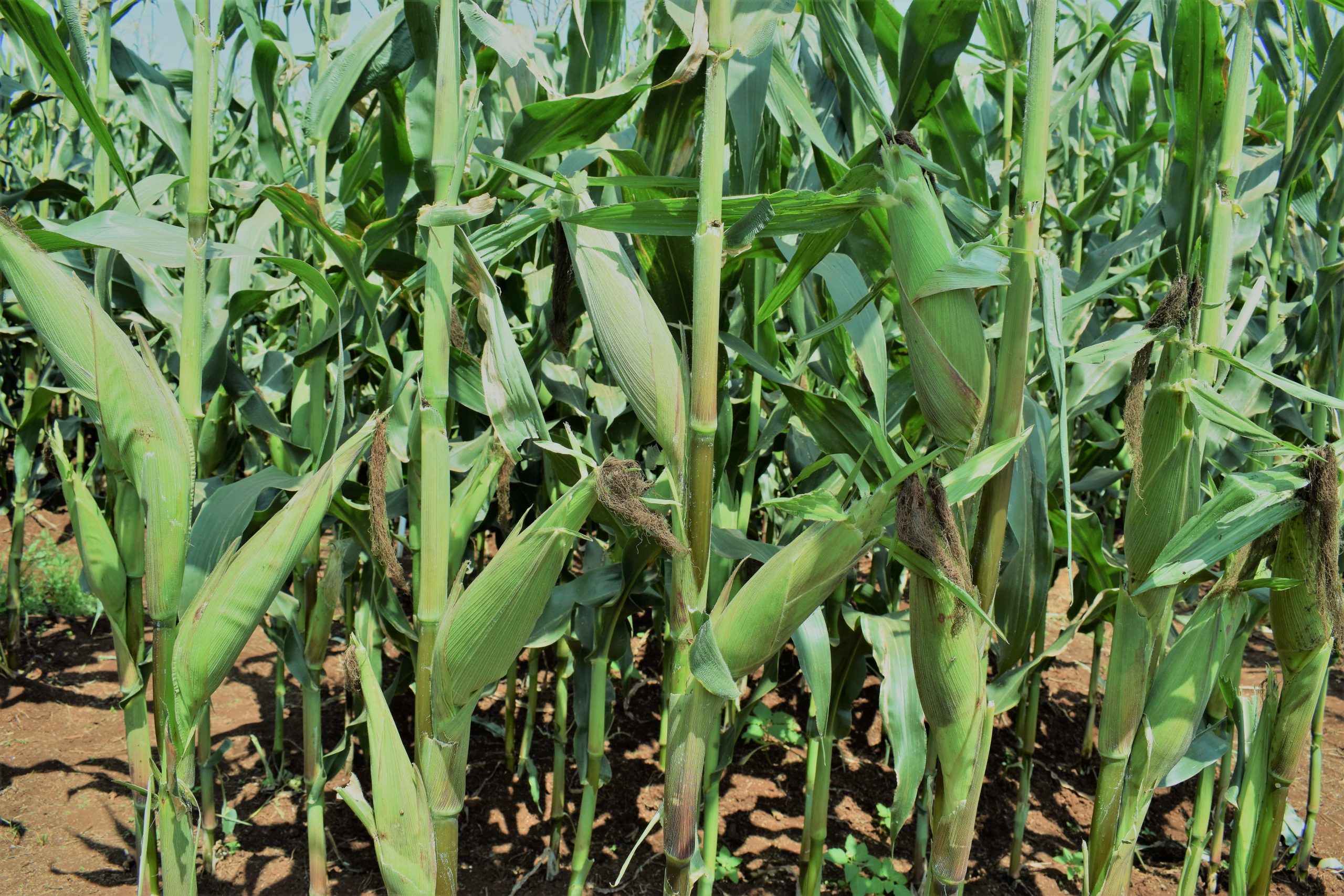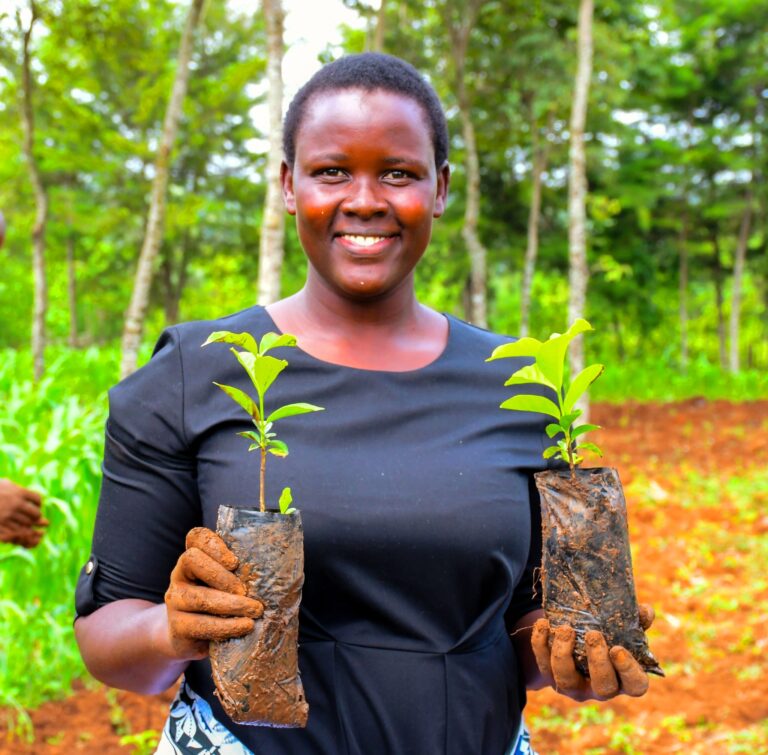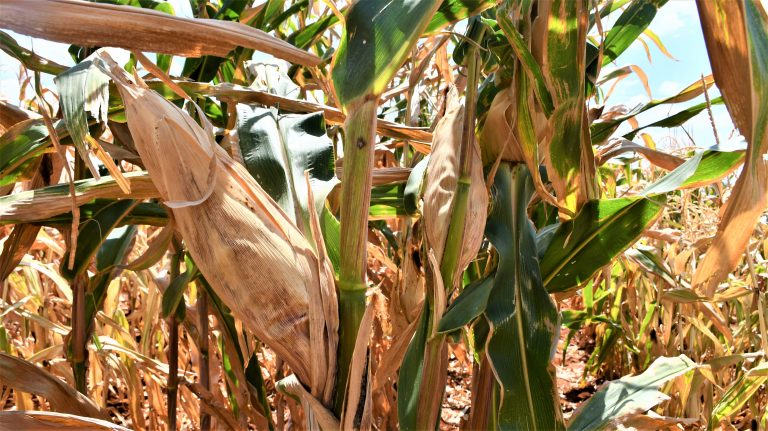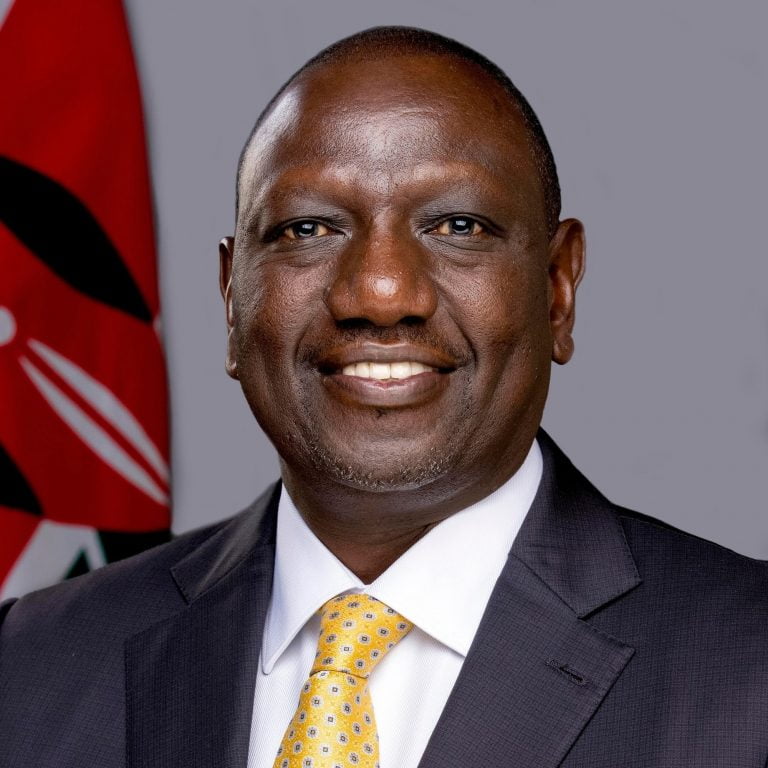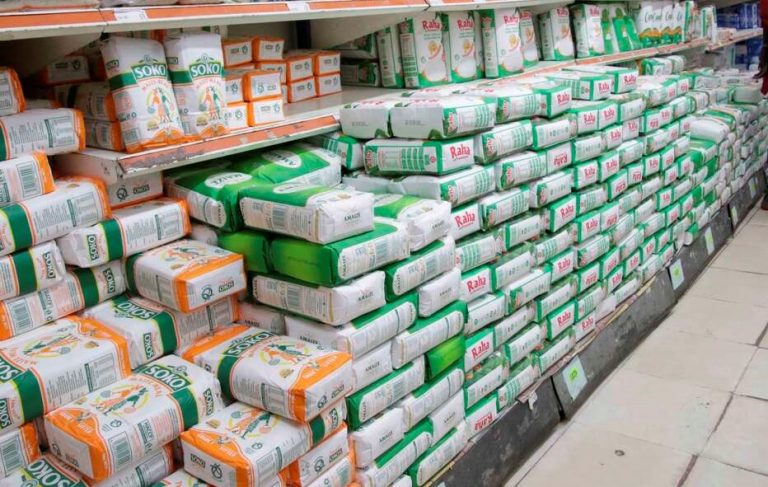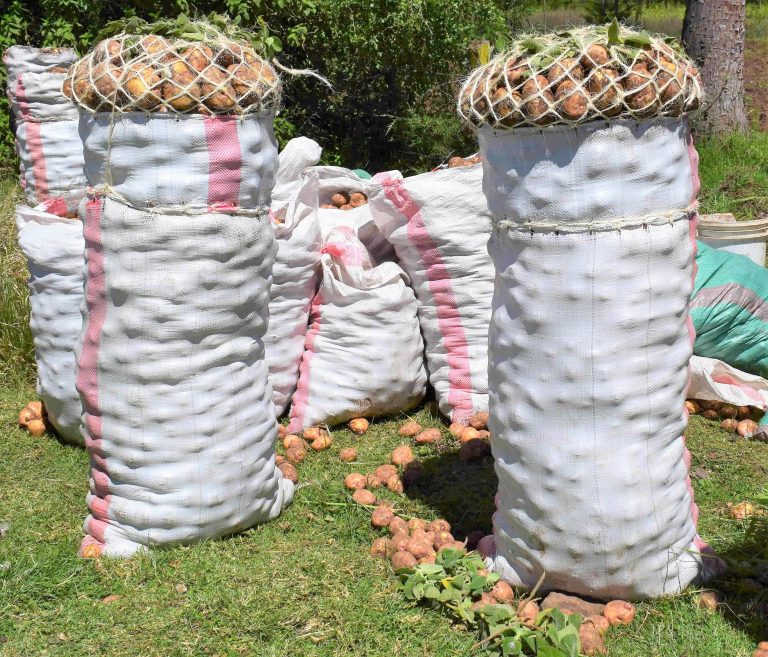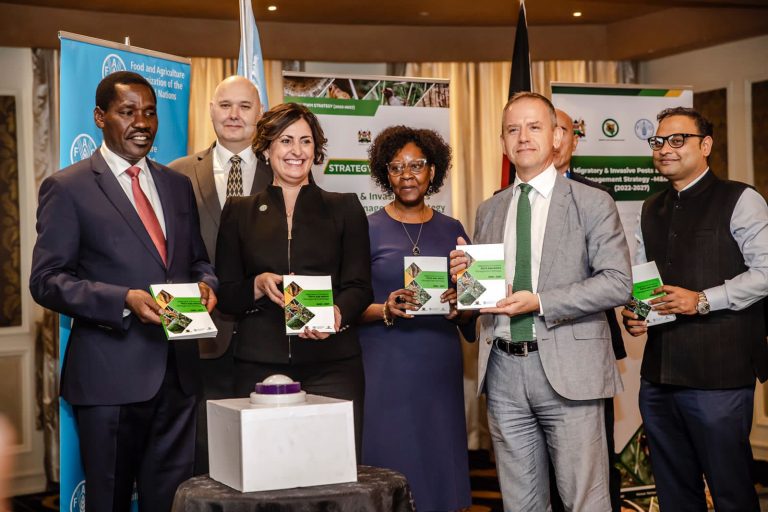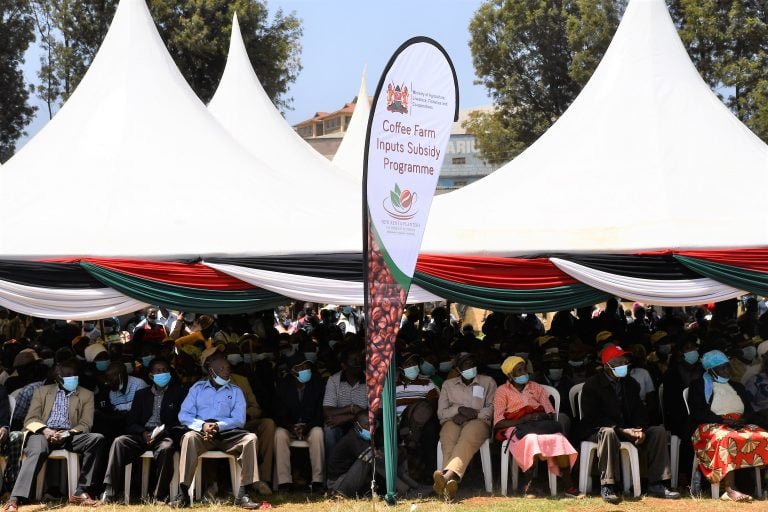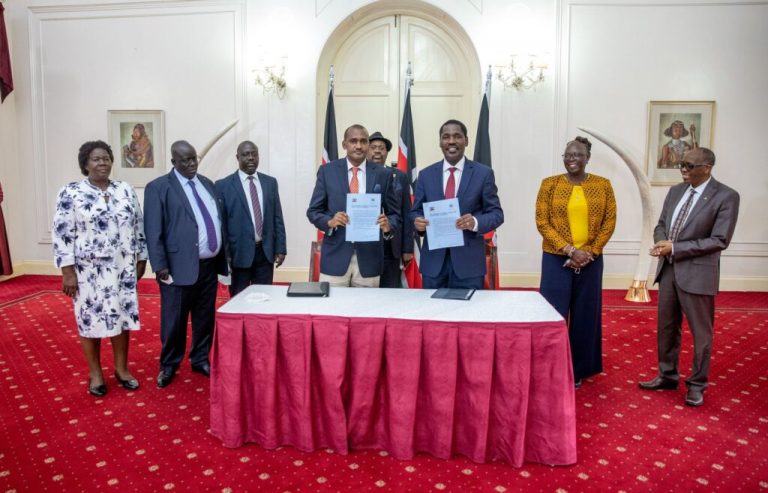The Kenyan government will no longer be buying any produce from farmers as has been happening with maize. According to Agriculture CS Peter Munya, the government will no longer be storing food in National Cereals & Produce Board (NCPB) leaving the space to farmers and traders to lease it and under a new system, they could use the produce as collateral to get money from financial organizations.
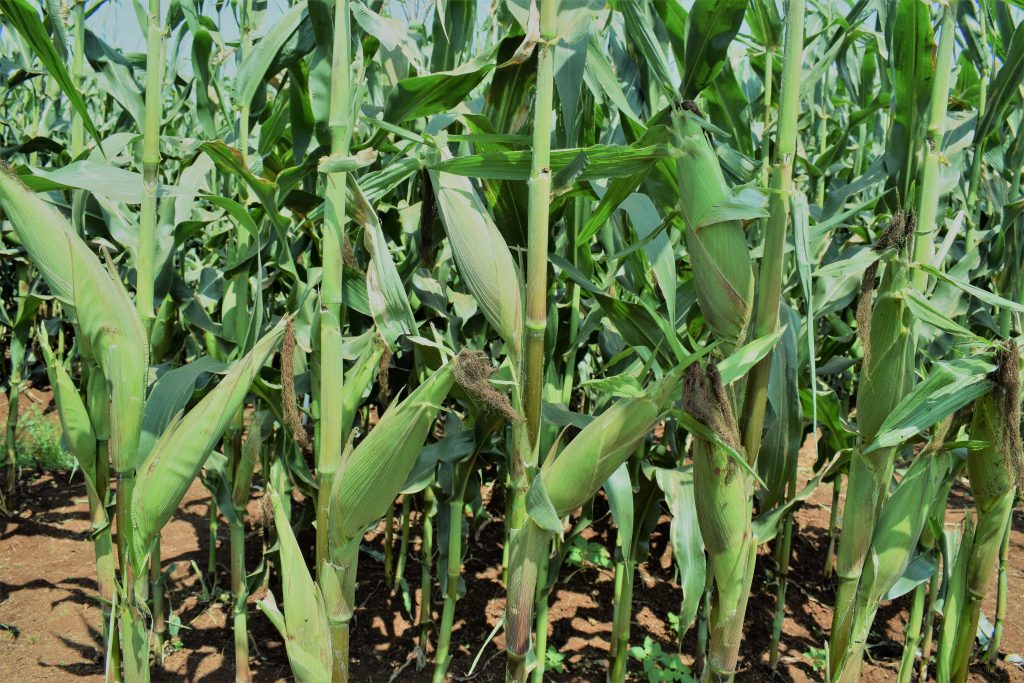
“The government will not directly buy, sell maize or set prices of maize. The government will no longer purchase, distribute, sell or set prices of fertiliser, seeds or any farm inputs. Going forward the government will focus on its key role, that of creating an enabling environment for producers and traders to make and execute commercial decisions while ensuring that commercial interests, especially on imports do not disadvantage local producers and consumers,” says Munya. The CS says there was a lot of corruption that was going on when the government was buying through NCPB and this was one of the reasons for instituting reforms at the board.
NCPB has been accused in the past of buying maize from traders instead of farmers leading to a lot of criticism to the government by the farmers. Controversy would resurface when the same maize was being released to millers and traders later especially on price. “Historically, the Government, through the Strategic Food Reserve has intervened in the maize market, purchasing soon after the harvest, at often higher prices than the prevailing market, store with the NCPB and later release to the market when supplies are depleted, mostly at prices below the market price,” says Munya. “The practice where maize is bought at above-market prices and released at lower than market prices undermines the basic functioning of the food market and sustains manipulation by cartels. This situation disadvantages producers and undercuts both the commercial and strategic food reserve system. The preferential agency arrangements of Strategic Food Reserve Trust Fund (SFRTF) with NCPB, coupled with blanket government subsidies has out-crowded private sector participation in the food warehousing system,” opines the CS.
Munya says the maize sub-sector has dominated attention and resource allocation in the Ministry of Agriculture, influenced by short term interventions. Consequently he says this has drawn attention away from broader and more strategic action for improving food and nutrition security saying this situation is both undesirable and unsustainable.
The CS says the government has established a Warehouse Receipt System (WRS) an open trading platform that links buyers and sellers, and it is modelled along the stock exchange. He says the Warehouse Receipt System will remove the logistics burden and facilitates producers and traders to access agricultural credit against the deposit certificate. “The Warehouse Receipting Council has now been appointed including the Board and the Chief Executive Officer (CEO),” says Munya.
Starting from September this year, the Agriculture and Food Authority (AFA) in collaboration with the counties will undertake the registration of farmers, dealers, and the licensing of primary warehouses. The Warehouse Receipt Council will be responsible for warehouses trading in the Commodity Exchange (KoMEX).


